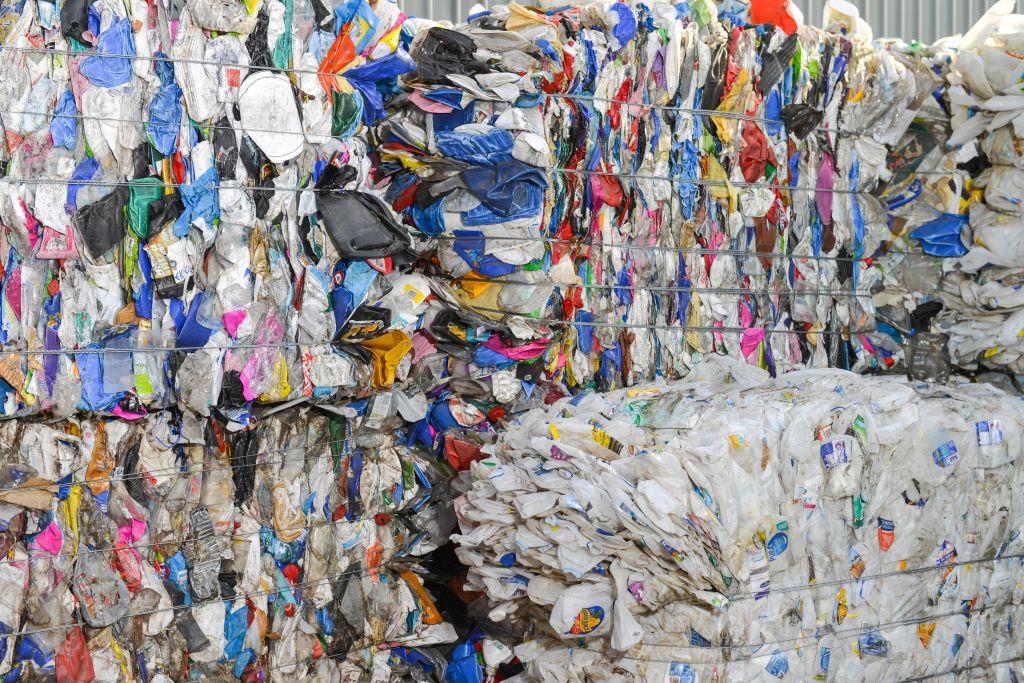Commentary
Alfred Sedgwick, an obscure English philosopher and logician who died in 1943 at the age of 93, is usually credited with the development of the slippery slope argument. The argument is used to predict, with little or no evidence, that the doing of an act might lead to, or result in, a chain of undesirable, even disastrous, outcomes.





